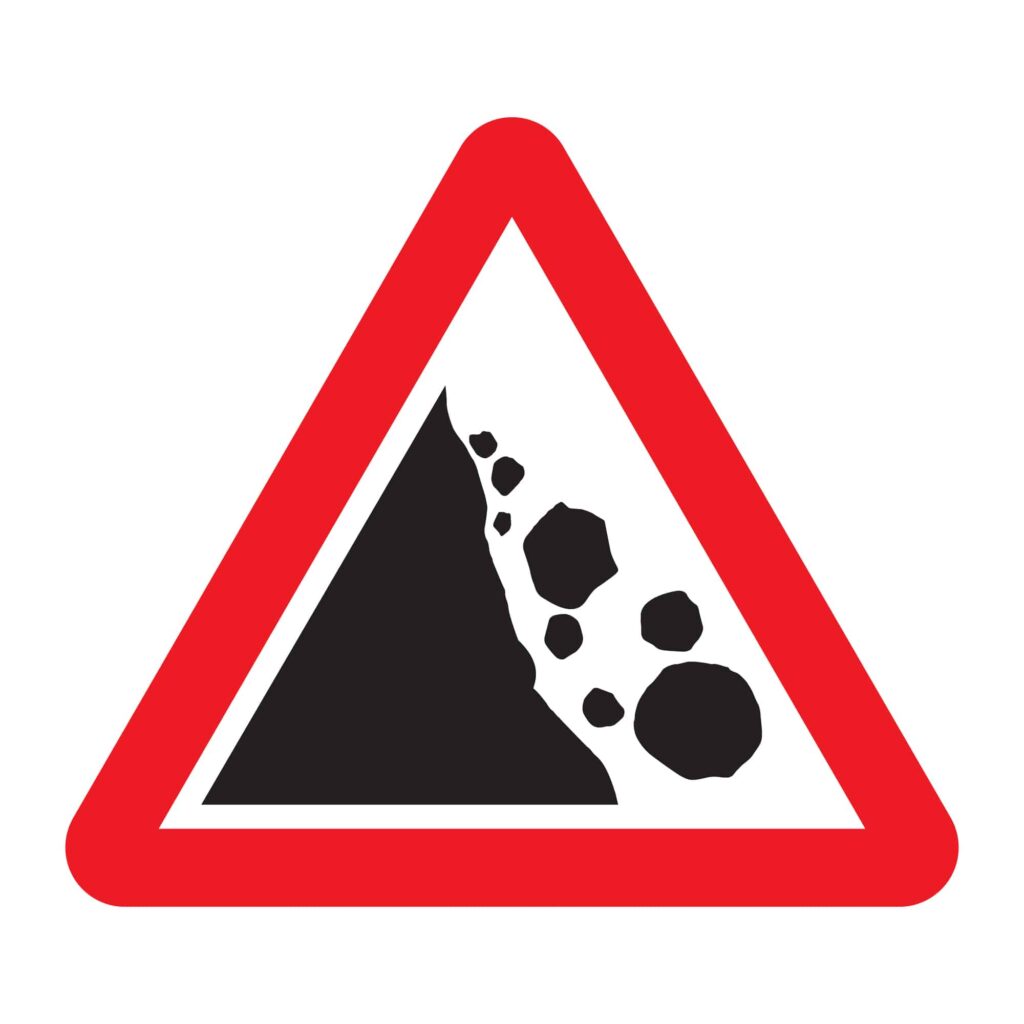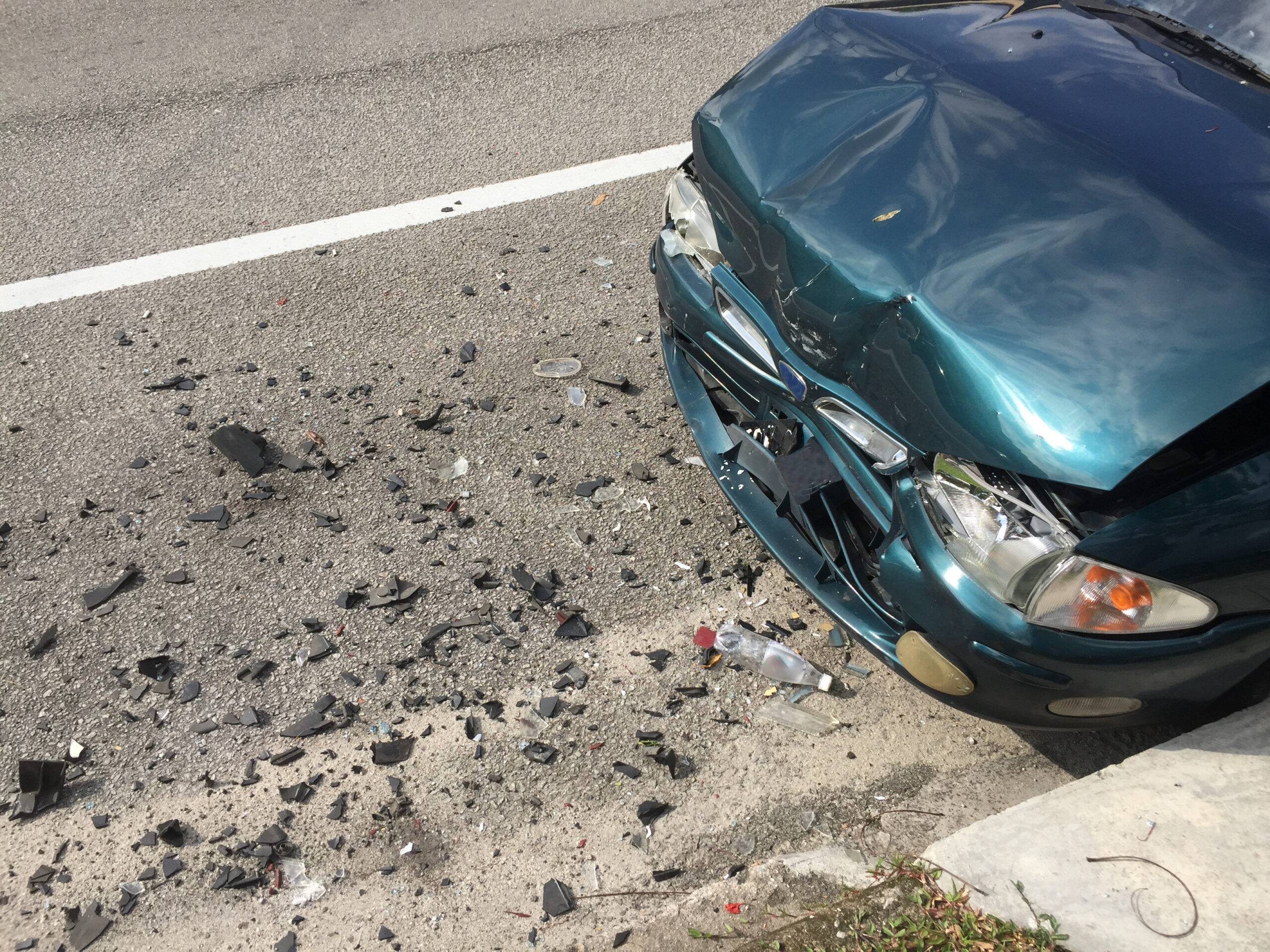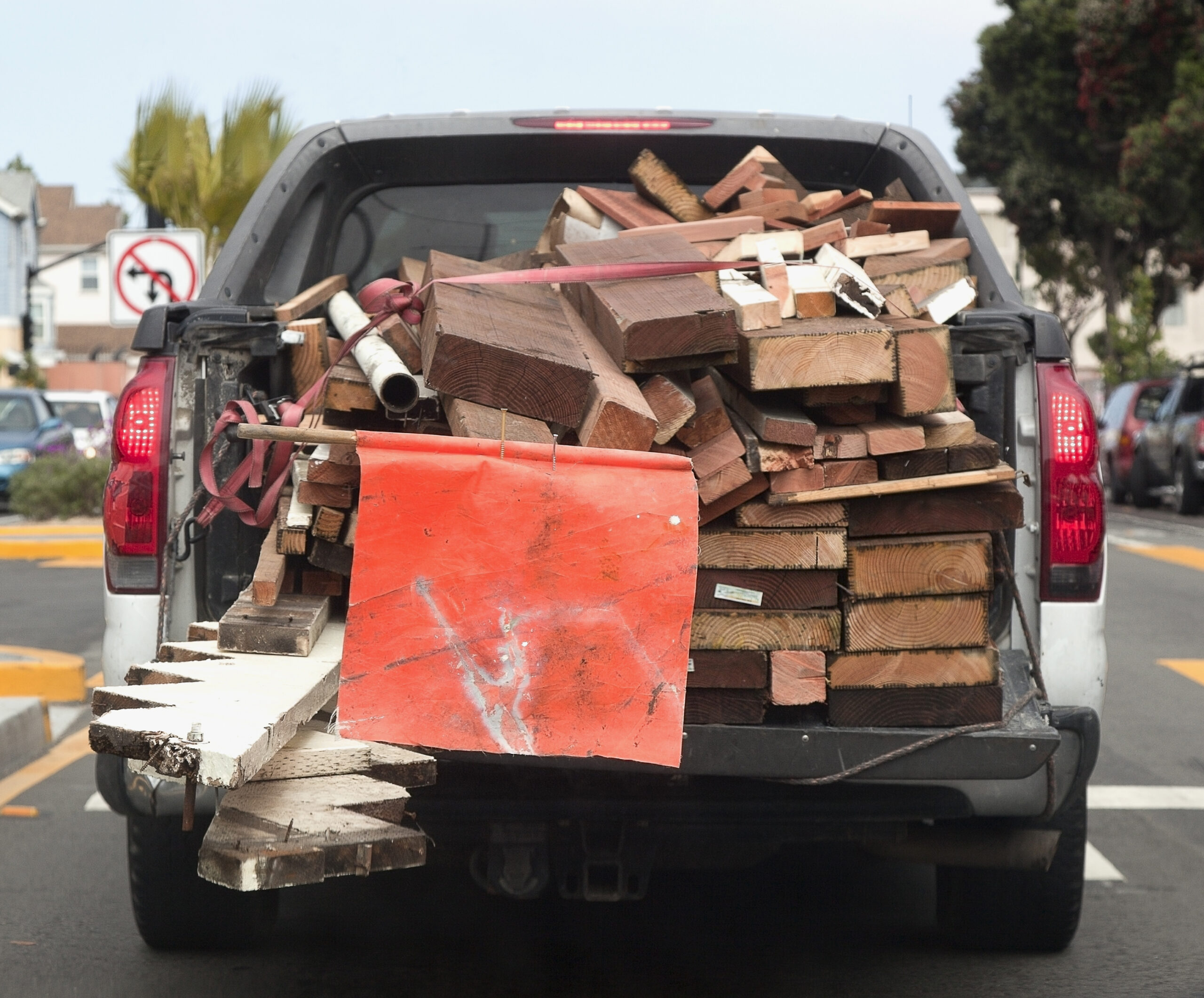Between 2011 and 2014, road debris caused or contributed to over 200,000 police-reported accidents, resulting in almost 40,000 deaths. Accidents caused by debris can easily injure drivers or cause them to lose control of their vehicles, putting others on the road at risk.
Even if colliding with debris doesn’t result in significant injuries or damages, it can still be a traumatic experience. Filing a personal injury lawsuit against the responsible party can help you obtain compensation and recover from your injuries.
How Does Debris Result in Injuries & Damages?
The AAA Foundation reported a yearly average of 50,000 debris-related car crashes resulting in nearly 10,000 injuries and 125 deaths. Additionally, accidents involving debris were four times more likely to happen on freeways and Interstate highways, where motorists usually drive at high speeds.
Unfortunately, people regularly drive flatbeds, pick-up trucks, open cargo trucks, SUVs, and other vehicles without adequately securing their cargo. As a result, such vehicles sometimes shed debris, damaging cars behind them. Road debris could also involve equipment or objects improperly loaded onto a car.
Improperly-loaded vehicles aren’t the only cause of debris-related accidents. Sometimes, people intentionally hurl debris at cars to damage them – Washington State Patrol reported over 160 incidents of people throwing rocks and other debris at cars from overpasses in 2021. Natural sources, such as rockslides or floods, can also leave debris strewn across roads.

A 20-pound object hits with over a thousand pounds of g-force when it’s going 65 mph – even small pieces of debris can result in catastrophic injuries. Some common examples of debris include:
- Smaller flying objects, such as rocks and pebbles, that can crack or shatter windshields and headlights or damage paint.
- Larger flying objects, such as improperly secured wood planks, that can pierce windshields, hitting passengers or causing significant damage to vehicles.
- Smaller stationary objects, such as nails, that can burst tires or damage the undercarriage of a car.
- Larger stationary objects, such as pieces of construction equipment, that can flip or even total cars on collision.
Objects on the road don’t just endanger drivers and cars that hit them. Motorists often swerve to avoid debris, putting other drivers at risk of an accident. They may also swerve off the road or collide with traffic barriers to avoid other cars, resulting in roll-overs or serious crashes.
So what happens if you crash because of road debris or flying objects? What if you get hurt and need medical treatment, or have to take time off work to recover? You shouldn’t have to pay for injuries caused by someone else, especially when your accident wasn’t your fault. Fortunately, the law can help you recover compensation for your losses.

Road Debris Laws in the United States
Like other traffic accidents, you can hold drivers responsible for the damage and injuries they cause with negligent or reckless actions – usually through a personal injury lawsuit.
You should take the following actions immediately after a piece of debris hits your car:
- Make sure you and your passengers are safe. Getting out of your car in the middle of the road may further endanger you. If you are able, move yourself and your car somewhere out of immediate harm.
- Call emergency services if anyone gets hurt and report your accident to the police. You can file a police report with the officer who arrives at the scene or later at the station. However, it’s best to get a record of events when the scene of the accident is fresh.
- Identify the vehicle or person responsible for your accident. Many drivers don’t realize something has fallen off their car. As a result, they might keep driving. If this happens, record anything about the vehicle you remember – the make, model, license plate number, company name, or logo. Your lawyer can help track down any other helpful evidence – such as traffic camera or security camera footage. If the driver was an employee, their employer may be responsible for their negligence.
- Get the contact information of any witnesses at the scene. They may provide more information, and the court may use their testimony as evidence.
- If you can do so safely, get pictures and videos of the debris and the scene of the accident. The sooner you can record these images, the better equipped you’ll be to prove what happened. If you’re unable to do this, your attorney can help you.
- Have a doctor assess your injuries, even if you feel okay. Many injuries may not be obvious right away. For example, whiplash could result in spinal issues or chronic pain that will impact you for years. Not only is your recovery important, but so is documenting your injuries. You can use your test results and diagnosis to prove the extent of your injuries. This can help both for a lawsuit and if you’re filing a claim with your insurance company.
- Finally, you should talk to a personal injury lawyer as soon as possible. In fact, you should speak with a lawyer before you sign any agreements with your insurance company. Remember that you are not a priority for your insurance company. They want to limit your claim as much as possible to protect their bottom line.
When you have a lawyer on your side, you have someone in your corner protecting your best interests throughout the entire process. If you accept a lowball offer from your insurance company without talking to your attorney, covering medical expenses may be challenging.

Who Is Responsible for Road Debris Damage?
Whoever failed to secure their cargo should be responsible for the injuries and property damage you suffered. After all, a projectile collision can easily total a car.
All the evidence and witness testimony you gather helps hold the negligent party liable. A court can then order the responsible party to provide you with compensation. That includes financial payment for medical bills, lost work income, pain, emotional suffering, and property damage.
Even if you can’t identify who dropped the debris on the road, you can still file a claim with your insurance. This is true even in the case of debris thrown from an overpass.
Unfortunately, your insurance company will probably underestimate how much you’re owed. Insurance companies prioritize their profits over your financial stability, and paying out a minimum to clients helps keep earnings high. Your personal injury lawyer can make sure you get the maximum possible settlement to cover all the expenses you’ve suffered.
At Wilshire Law Firm, our personal injury lawyers take car accident cases on a contingency fee, meaning you don’t pay unless we win. Call us now at (800) 501-3011 or contact us online for a free, confidential consultation with our team.











